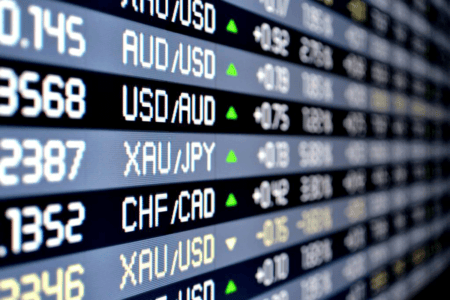Malaysia’s palm oil futures faced a downturn on Monday, retracting from a three-day uptick as the market responded to negative cues from competing oils. The benchmark palm oil contract for April delivery on the Bursa Malaysia Derivatives Exchange closed at a decrease of 68 ringgit, or 1.69%, settling at 3,949 ringgit ($834.53) per metric ton.
This shift in the market trajectory comes after a nearly 2% increase last week, marking its third consecutive week of gains. Contributing to the price shift were the drops in the Dalian’s most-active soyoil contract by 2.48% and its palm oil contract by 1.49%, alongside a 0.92% dip in soyoil prices on the Chicago Board of Trade. Palm oil often aligns with the broader edible oils market, reflecting changes in competitive pricing.
Global crude oil prices also influenced the palm oil market, with declines potentially making palm oil less desirable for biodiesel production. Adding to the mix of market influences were geopolitical tensions, including a drone strike on U.S. forces in Jordan and increased Houthi militant activities in the Red Sea, sparking concern over supply disruptions.
Read: Soybean Prices Soar as Short-Covering Sparks Weekly Rise
Despite the day’s losses, industry expert Paramalingam Supramaniam from Pelindung Bestari suggests that the fundamentals could keep prices elevated. He notes a persistent lack of recovery in production, which is expected to continue into February, amplified by the Chinese New Year holidays’ impact on operations.
From a production standpoint, Indonesia, a leading palm producer, is on alert for potential weather disruptions with forecasts of heavy rain and strong winds in key palm oil-producing regions. These environmental factors may further strain supply chains and contribute to price support.
Meanwhile, cargo surveyor Societe Generale de Surveillance estimates that exports of Malaysian palm oil products from January 1-25 stood at 919,139 metric tons.
Finally, the Malaysian ringgit, the currency in which palm is traded, edged down by 0.15% against the dollar on Monday. This currency softening typically renders palm oil more affordable for holders of foreign currencies, potentially stimulating international demand.
Trends: #PalmOilFutures, #EdibleOils, #MalaysianPalmOil, #CommodityMarkets, #Biodiesel












